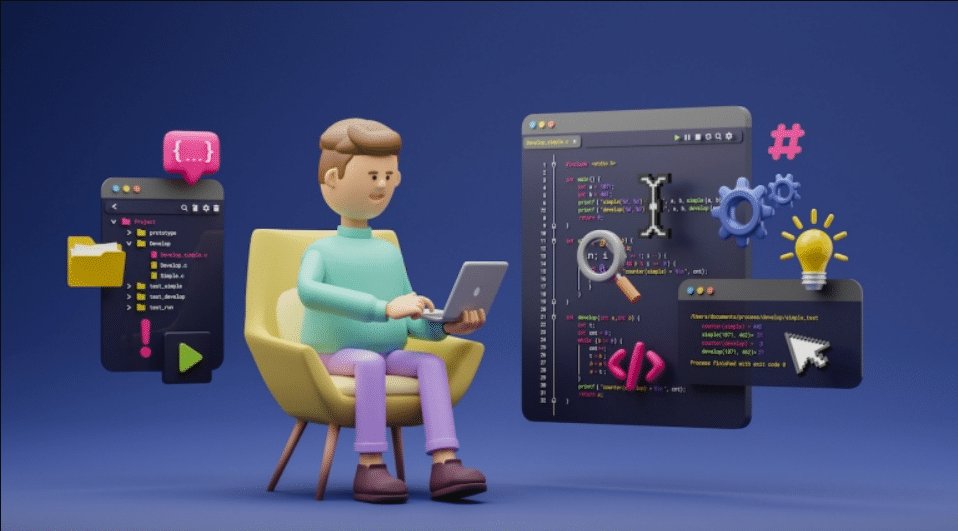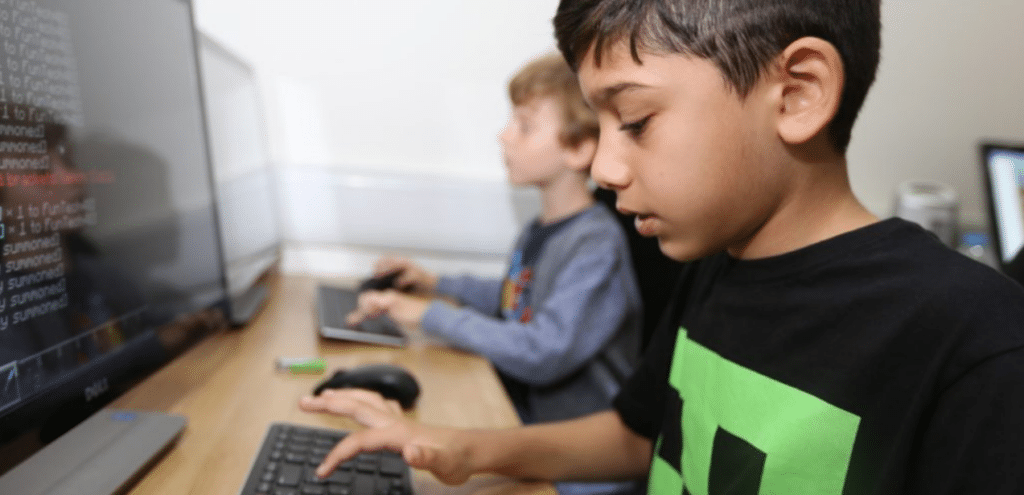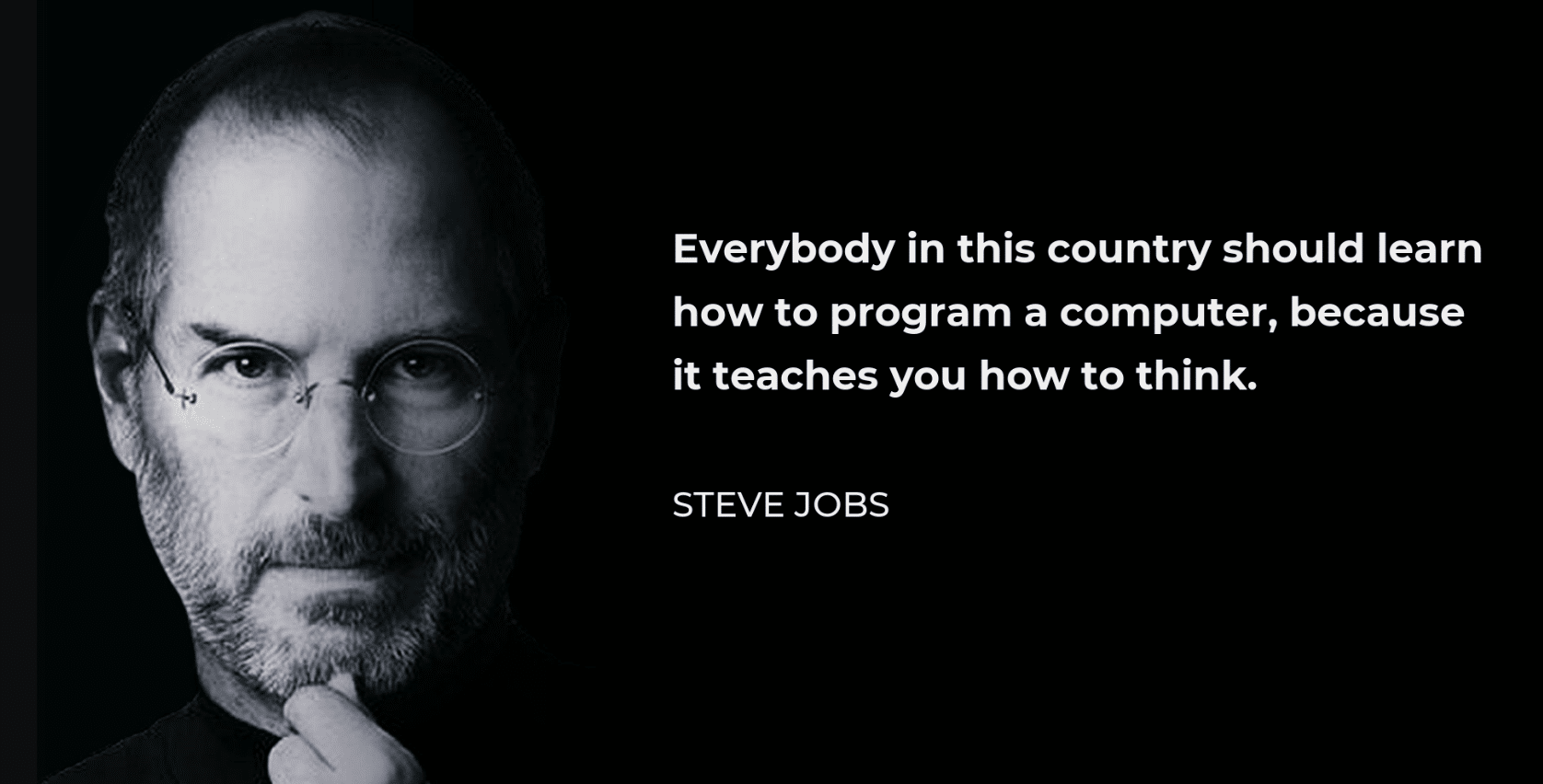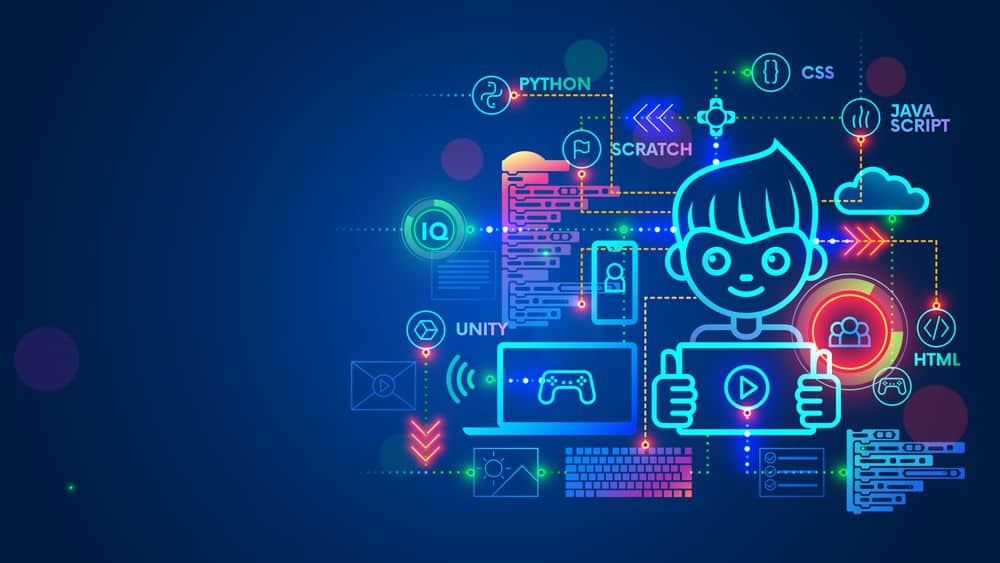10 Reasons Everyone Should Do Coding – The Ultimate Guide
In a world that is increasingly driven by technology, coding has become a highly demanding skills with lots of benifits. Whether you are a student, a professional looking to switch carrers, or someone who simply enjoys problem solving, learning to code can be an incredibly best experience. This comprehensive article will discuss the ten compelling reasons why you should consider embracing the world of coding.
1. Introduction to Coding

1.1 Definition of Coding
Coding is the process of writing instructions for computers to perform specific tasks. It involves using programming languages to communicate with machines effectively.
1.2 Importance of Coding in the Modern World
Coding has emerged as a vital skill in the 21st century, as technology continues to play a central role in nearly every aspect of our lives. From smartphones to smart homes, coding underpins the digital transformation that shapes the world we live in.
2. Enhancing Problem Solving Skills
Coding is the art of finding solutions to real-world problems through the conversation with the computer which is also known as programming. When you start learning to code, you will increase your problem-solving ablility.

2.1 How Coding Improves Logical Thinking
Coding helps a person to develop and improve problem-solving skills. When programmers or coders write code, they break down complex problems into smaller, manageable steps, fostering better decision-making and critical thinking skills.
2.2 Real-Life Applications of Problem-Solving Through Coding
The problem-solving skills acquired through coding extend beyond the digital world. Whether it’s finding innovative and unique solutions in the world of business or tackling everyday challenges, coding gives individual the power to address various issues.
3. Boosting Creativity and Innovation

3.1 Coding as a Means of Creative Expression
Coding isn’t just about writing lines of code but it’s also about unleashing creativity. Through programming and coding, you have the power to bring your innovative ideas to life. From developing interactive websites to creating enjoyable games, coding provides a opportunities to express your creativity and imagination.
3.2 The Role of Coding in Technological Innovation
Innovation often goes hand in hand with coding. Many mind-blowing inventions and advancements in technology are the result of skilled coders and programmers pushing the boundaries of what is possible.
4. Career Opportunities in Coding

4.1 High Demand for Coders
In today’s digital age, the demand for skilled coders are increasing. Businesses across various industries, including finance, healthcare, and entertainment, require coders to develop websites, applications, and software solutions to grow their audience. By learning to code, you position yourself as a valuable asset in the job market. There is also ever-increasing demand for skilled coders across various sectors such as software development, data analysis, cybersecurity and artificial intelligence.
4.2 Lucrative Career Opportunities
Coding opens the doors of well-paying career oppurtunities. With the right skills and experience, coders have access of high-paying jobs and can easily climb the ladder of success.
5. Empowering Entrepreneurship

5.1 How Coding Skills Can Help Entrepreneurs
Entrepreneurs who have coding skills have a great advantage in today’s digital world. They can creates prototypes, develop minimum viable products (MVPs), and better communicate with tech teams.
5.2 Coding For Developing Startups and Businesses
Coding enables entrepreneurs to develop custom solutions for their businesses, giving them a competitive edge and the ability to adapt swiftly to changing market demands.
6. Coding For Personal Projects

6.1 Creating Personal Websites and Blogs
Coding helps an individuals to build their own websites and blogs from scratch. It offers creative freedom and the ability to showcase personal projects to a global audience.
6.2 Fun Projects and Hobbies Through Coding
Beyond the professional realm, coding can be an enjoyable hobby. Individuals can explore exciting projects like building games, developing mobile apps, and experimenting with emerging technologies.
7. Automation and Efficiency

7.1 Automating Repetitive Tasks Through Coding
Coding allows for the automation of day-by-day and repetitive tasks, freeing up valuable time for more meaningful activities.
7.2 Improving Efficiency in Daily Life and Work
Through coding, individuals can streamline various aspects of their lives, making processes more efficient and productive.
8. Coding for Education

8.1 Coding in School Curriculums
Everyone knows that students are the future of any nations. Recognizing the importance of coding and programming, many educational institutions now have coding into their curriculums. This equips students with valuable skills for the future job market.
8.2 The Importance of Coding for Future Generations
Coding prepares the next generation to navigate a technology-driven world with confidence and
understanding.
9. Connecting with Technology

9.1 Understanding the Workings of Technology
Coding offers insights into how technology operates, empowering individuals to make informed choices and use tech devices effectively.
9.2 Engaging with the Digital World Through Coding
With coding knowledge, individuals can actively participate in shaping the digital landscape, rather than being passive consumers.
10. Coding as a Lifelong Skill

10.1 The Continuous Learning Process in Coding
Tony Robbins once said, “Repitition is the mother of skills”. Coding is a skill that requires continuous learning and adaptation. It keeps the mind engaged and promote a growth mindset.
10.2 Staying Relevant in a Technology-Driven World
By learning and doing coding, individuals can future-proof their skills and remain relevant in a world where technology continues to evolve rapidly.
Conclusion
Inshort, coding is a transformative skill that offers numerous number of benifits and opportunities. From improving problem-solving skills and promoting creativity to unlocking exciting career, coding also opens door to a world of possibilities. Whether you are a student or professional, learning to code helps you to remain relevant in the world of technology.
FAQs
- What programming languages should I start with as a beginner?
Popular beginner-friendly languages include Python, JavaScript, and Ruby. Choose one that aligns with your interests. - Is coding suitable for beginners with no prior experience?
Absolutely! Coding offers various beginner-friendly resources and tutorials, making it accessible to newcomers. - Can coding be learned without enrolling in a formal course?
Yes, many online platforms offer free coding courses, allowing individuals to learn at their own pace. - Can coding skills be useful in fields other than software development?
Definitely! Coding is applicable in diverse industries, such as data science, web design, and even art. - How can coding improve problem-solving in everyday life?
Coding teaches structured thinking, enabling individuals to break down complex issues and find effective solutions. - Are there coding resources available for kids and young learners?
Yes, many coding platforms and games cater specifically to children, making learning engaging and enjoyable. - Does coding have age restrictions?
Not at all! Coding can be learned and enjoyed by people of all ages, from kids to seniors. - Is it necessary to code every day to become proficient?
Consistent practice is helpful, but the frequency can vary. Find a schedule that works best for your learning style. - How can coding boost creativity and foster innovation?
Coding allows individuals to turn ideas into functional projects, encouraging creativity and problem-solving in unique ways. - Can coding be a valuable skill for non-technical professions?
Absolutely! Coding can enhance productivity and problem-solving abilities in various careers, including marketing, finance, and research.







